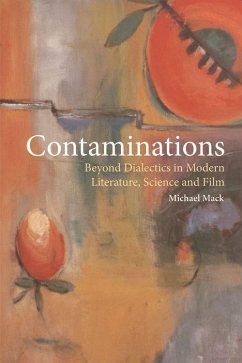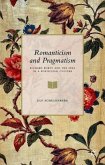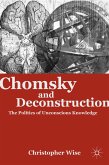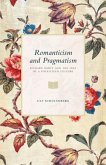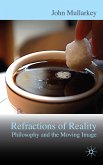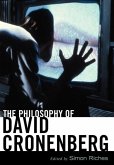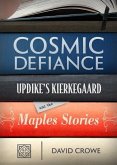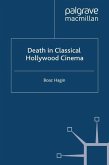*APPROVED* This is the first study to introduce the figure of contamination as an alternative to dialectics This book enquires into the problem of various oppositions between pure entities such as nature and society, body and mind, science and the arts, subjectivity and objectivity. It examines how works of literature and cinema have contaminated constructions of the pure and the immune with their purported opposite. As an advanced critical introduction to the figure of contamination, the book makes explicit what so far has remained unarticulated - what has only been implied - within postmodern, poststructuralist and deconstructive theory. Combining theory with literary criticism, the book sheds light on how overlooked aspects of the novels of Henry James, Herman Melville and H. G. Wells question notions of natural order as well as an opposition between the subjective and the objective. It offers fresh readings of classic films and literary texts, including Vertigo and Moby Dick, with the aim to ground theoretical insights in close analysis. Key Features . Critically engages with some aspects of contemporary theory that keep propounding a Cartesian notion of the mind's control over the body . Analyses how key thinkers such as Spinoza, Benjamin, Pasolini and Freud attempt to re-evaluate what Agamben calls 'bare life' . Offers original readings of Pasolini's notion of scandalo in terms of contamination . Alerts us to the ways in which some aspects of contemporary posthumanism may merely reproduce the dialects of inclusion and exclusion which is still premised on traditional notions of purity and immunity Michael Mack is Reader in English Studies at Durham University. His recent publications include How Literature Changes the Way We Think (2012). Cover image: Contamination, Elisabeth Mack-Usselmann, photographed by Richard Stopford ISBN 978-1-4744-1136-3 Barcode
Hinweis: Dieser Artikel kann nur an eine deutsche Lieferadresse ausgeliefert werden.
Hinweis: Dieser Artikel kann nur an eine deutsche Lieferadresse ausgeliefert werden.

